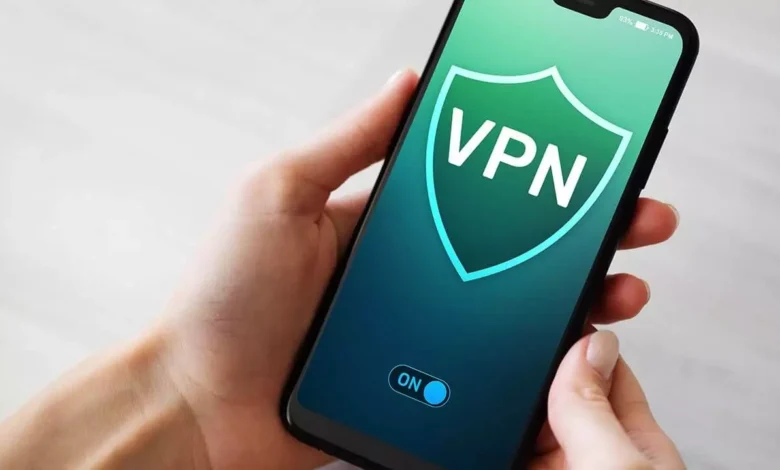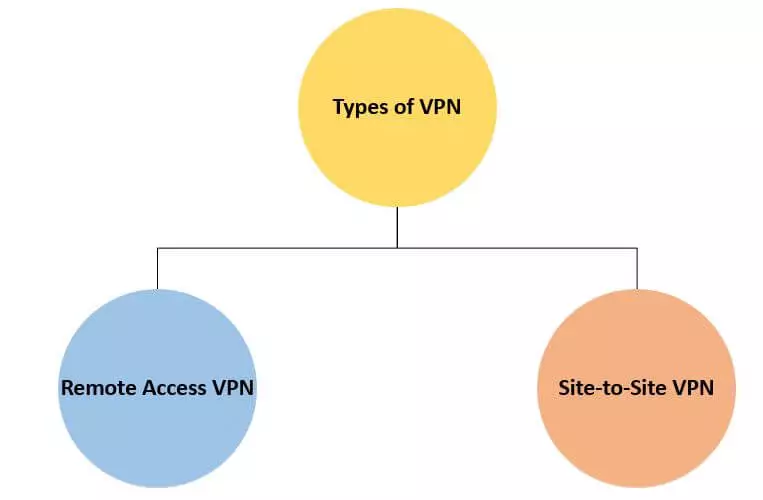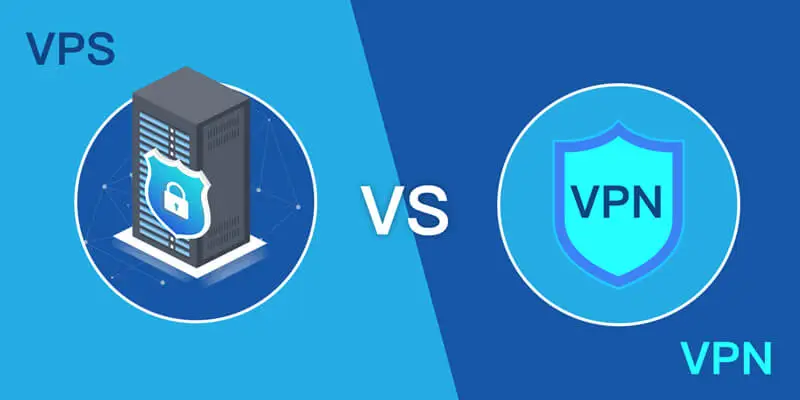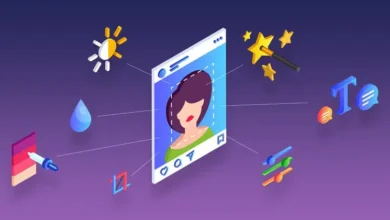Define a VPN and How Can it Benefit You?


When using a public Wi-Fi hotspot – like at a coffee shop or airport – anyone on the same network can see what you’re doing, including your passwords, emails, and photos.
Hackers can easily steal your data or identity while not using a Virtual Private Network. A VPN creates a private tunnel between you and the internet, making it more difficult for hackers to track your activities online and steal data.
This article will discuss what a Virtual Private Network is and how it can benefit you!
What is a Virtual Private Network (VPN)
It is a tool that allows you to create a secure connection between your device and another computer or server. This connection encrypts your data, making it more difficult for third parties to track your online activities.
A VPN can also disguise your online identity by hiding your IP address. Again, this makes it more difficult for websites and advertisers to track browsing habits.
There are many benefits to using a VPN, including increased security and privacy and the ability to bypass internet restrictions.
So if you’re concerned about your online safety or want to access content that is blocked in your country, a VPN can be a great solution!
What is a VPN used for?
It is used for many different purposes. For example, some people use a VPN to protect their privacy online, while others use it to access content that is blocked in their country. Here are some of the most common uses for a VPN:
- Improved security and privacy: It makes it more difficult for others to track your online activities by encrypting your data and hiding your IP address.
- Bypassing internet restrictions: If you’re in a country where certain websites are blocked, you can use a VPN to access them.
- Accessing geo-blocked content: If you’re trying to watch a TV show or movie that is only available in another country, you can use a VPN to access it.
- Protection from online threats: It can protect you from online threats like malware and viruses by encrypting your data.
Should You Use a Free or Paid VPN?
There are both free and paid VPNs available. While free VPNs can be tempting, they often come with risks. For example, they may not encrypt your data, which means your privacy is not protected. They also tend to have slower speeds and fewer features than paid VPNs.
If you’re looking for a VPN for security or privacy purposes, we recommend using a paid VPN. Paid VPNs typically offer better security and privacy protection, faster speeds, and more features.
What are the Best VPNs?
Many different VPNs are available; it can take time to know which is right for you. However, the following are the best VPNs that are mostly used:
- ExpressVPN: It is a fast, secure, and easy-to-use VPN with servers in over 90 countries.
- Cosmo VPN: This app enables you to browse any restricted web page safely, securely, free, fast, reliable, and unlimited by hiding your IP address and location.
- NordVPN: It is a secure and reliable with military-grade encryption.
If you’re looking for a VPN to protect your privacy or bypass internet restrictions, we recommend Cosmo VPN. It is used as a google chrome extension.
How do you Set Up a VPN Connection?
Setting up a VPN connection is usually quick and easy. Most VPNs have apps that you can download and install on your device. Once you’ve installed the app, you’ll need to sign in with your username and password.
Some VPNs may require you to set up the connection on your device manually. If this is the case, you can usually find instructions on the VPN’s website.
Once you’ve set up the VPN, you can start browsing the internet privately and securely!
What are the Different Types of VPNs?
There are two Types of VPNs:


Remote Access VPN
A Remote Access VPN allows you to establish a secure connection over the internet from anywhere in the world. This VPN enables individuals to access a private network from a remote location. This is usually done through the internet, using an IPsec or Secure Sockets Layer (SSL) protocol.
This type of VPN is most commonly used by telecommuters, freelancers, and other remote workers who need to be able to access their private network from a public location.
In order to connect to a remote access VPN, you will need to download and install VPN client software on your device. Once the software is installed, you can simply connect to the VPN by entering the required login credentials. Sometimes you have to face an error while connecting to the VPN server. To fix this, read How to Fix Urban VPN Connection Error?
Site-to-Site VPN
A site-to-site VPN connects two or more separate networks to one another. This type of VPN is usually used by businesses or organizations with multiple locations.
For example, a company with offices in New York, London, and Paris might use a site-to-site VPN to connect all of its locations together. This would allow for secure communication between all of the locations.
In order to connect to a site-to-site VPN, you will need to have a VPN router at each location. The router will then be configured to connect to the other VPN routers at the other locations.
Security Mechanism used in VPN
VPNs use a variety of security mechanisms to protect your data and ensure that only authorized users can access your network.
IPsec
The most common security protocol used by VPNs is IPsec, which uses a combination of authentication and encryption to protect your data.
SSL
Another common security protocol is SSL, mainly used by remote-access VPNs. SSL uses encryption to protect your data but does not provide authentication.
Datagram Transport Layer Security (DTLS)?
Datagram Transport Layer Security (DTLS) is a security protocol that is similar to SSL. Site-to-site VPNs mostly use DTLS.
Secure Shell (SSH)?
Secure Shell (SSH) is a security protocol that can provide authentication and encryption. Remote-access VPNs mostly use SSH.
Crypto IP Encapsulation (CIPE)?
Crypto IP Encapsulation (CIPE) is a security protocol that can be used to provide both authentication and encryption. Site-to-site VPNs mostly use CIPE.
What is the difference between VPN and VPS?
A VPN, or Virtual Private Network, is a service that encrypts your internet traffic and routes it through a server in another location. This makes it more difficult for third parties to track your activities online and steal data.


Whereas, a VPS, or Virtual Private Server, is a hosting that allows you to have your own server in another location. You can use a VPS to host websites, store data, or run applications.
Both VPNs and VPSs offer benefits in terms of security and privacy. However, VPNs are typically more expensive and can be slower than VPSs.




